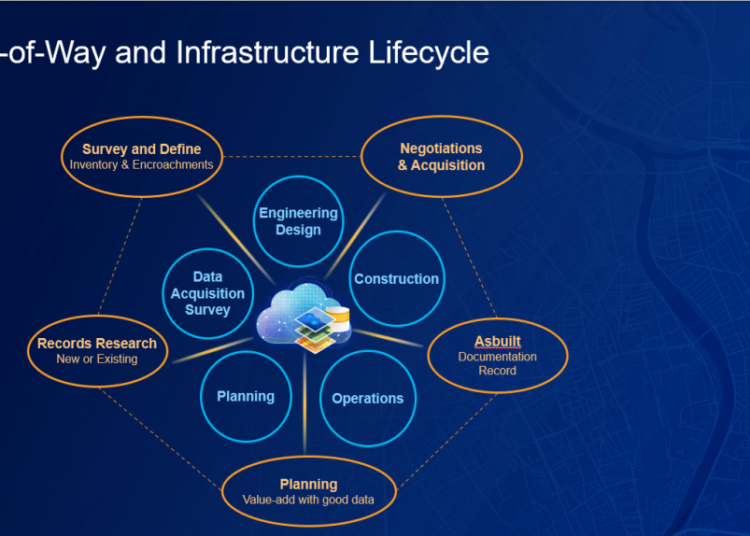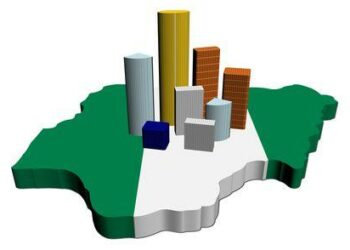In this article we shall be looking at the practical steps that should be taken to reduce conflict and confrontation in rights of way acquisition. The point is that part of the public’s hostility to compulsory acquisition of land is that it is seen as one of the extreme action that a government can take against citizen especially when the process lacks transparency.
The process of land acquisition should include:
- Fairness/ Justice: There should be opportunities open to the dispossessed owners to object and challenge the decision to acquire their land, or challenge the compensation paid in court or in alternative dispute resolution if dissatisfied with the amount of compensation. There should be provision for bodies of judicial and quasi-judicial, which can give independent decision. Fairness should also include minimum delay in the payment of compensation.
- There should be transparency in rights of way acquisition process. The officials should be forthcoming and open in the process of acquisition through service of notice to dispossessed owner, stating the purpose of acquisition. They should let the people know how the project is going to impact on their community. The citizens are likely to respond positively or at least with less hostility if they can understand how the taking of their projects fits into a wider scheme of public interest.
- The community should be involved in making decisions about the nature of compensation to be made available to them. At all times, the community or their agents should be fully involved in matters of compulsory acquisition.
- The process should be fair and equitable to all. For instance, facts should determine those who are to obtain compensation; those actually living on the land deriving a livelihood from the land should not be ignored.
5 Land acquisition should also respond to the cultural, social and economic realities of the people (UN HABITAT, 1987). For instance, if expropriation will destroy a community, then compensation should take the form of rebuilding that community elsewhere. If expropriation will destroy livelihood, then income supporting programme should be introduced. When people view land as having meaning beyond a capital asset, then land must be replaced by land.
- One of the problems of land acquisition is that it sets up a confrontation between the acquiring authority and the people so that the proposed development runs the risk of being stigmatised as something undesirable. It is necessary to revise the legal framework empowering public authorities to acquire land so as to enhance consultation. Capacity building is equally essential to enable land administration staff performs creditably.
- All the existing acquisition laws are inconsistent with the historical property rights trend in the country. For expropriation to have meaning and be supported, it must respond to the historical realities of the people. Our existing laws and policies are biased towards common pool land resources, which have historically provided the greatest opportunities to the indigenous people. The forest land of this country, for instance sustain a large extent of common pool activities supporting human livelihood like hunting, firewood collection, gathering of snails. If these sources of income are ignored when land is acquired compulsorily, then grief, discontent, lies at the heart of the affected people. It is our place as estate surveyors and valuers to let the people know what rights in land they can claim and how to claim those rights.















